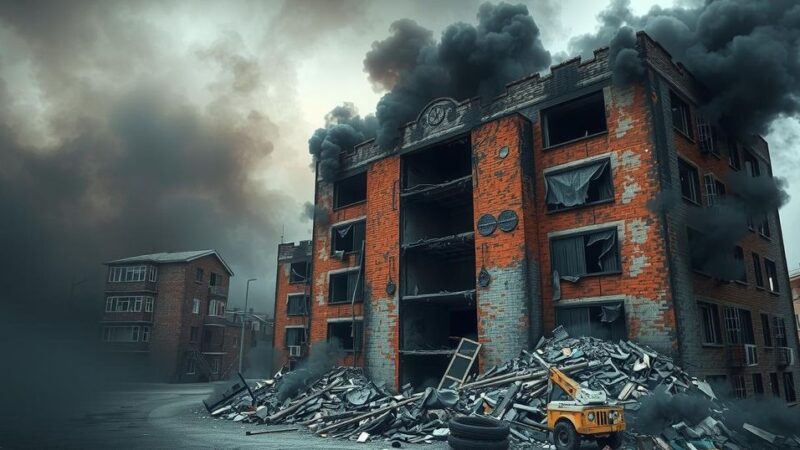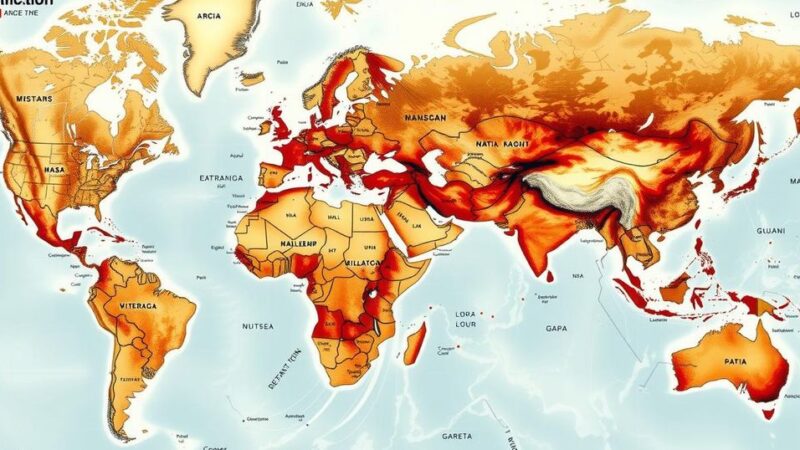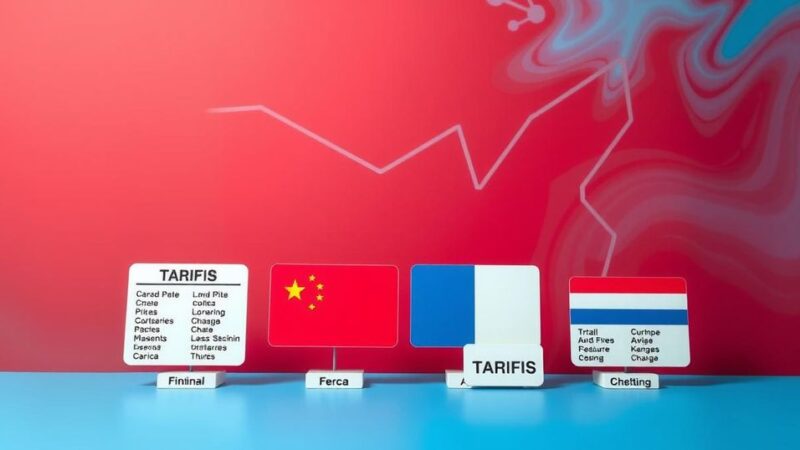A major party in South Sudan’s government, the SPLM-IO, suspended its participation in a peace agreement, citing deteriorating relations with President Salva Kiir and recent clashes. Accusations of links to the White Army militia and the detention of party officials have fueled tensions, with the UN warning of potential civil war, exacerbated by the Sudan conflict and humanitarian issues.
On Tuesday, a significant political entity in South Sudan’s coalition government announced the suspension of its involvement in a crucial aspect of a 2018 peace agreement. This development follows the deteriorating relationship between Riek Machar, the leader of the SPLM-IO party and the First Vice President, and President Salva Kiir, marked by recent clashes and arrests.
The 2018 agreement was integral in concluding a five-year conflict between Kiir’s forces and those loyal to Machar. However, escalating tensions have emerged particularly following clashes in eastern South Sudan. Security forces recently detained several SPLM-IO officials, including the petroleum minister and the deputy military head, amid allegations of collusion with the White Army militia.
The SPLM-IO is accused of links to the White Army, predominantly comprised of Nuer ethnic youth who fought alongside Machar during earlier conflicts against Kiir’s Dinka forces. The party has denied these accusations. Oyet Nathaniel Pierino, the SPLM-IO deputy chairman, stated that the party will withdraw from security arrangements until the detained officials are released, asserting that such political “witch-hunts” jeopardize the integrity of the peace agreement.
The recent violence around Nasir in Upper Nile state has led to the displacement of 50,000 individuals, with 10,000 seeking refuge in Ethiopia, according to United Nations Humanitarian Coordinator Anita Kiki Gbeho.
Nicholas Haysom, the United Nations peacekeeping head for South Sudan, expressed concerns that the nation is nearing a potential relapse into civil war, exacerbated by rampant hate speech and misinformation. Analysts have noted the ongoing conflict in neighboring Sudan as a contributing factor to the deterioration of the peace process, further complicating the situation in South Sudan, particularly regarding oil revenue disruptions and heightened regional tensions.
Experts warn that tensions stemming from the Sudan conflict are beginning to manifest in South Sudan, particularly in Upper Nile, which may further unsettle the capital, Juba, according to Alan Boswell from the International Crisis Group.
In summary, the SPLM-IO’s partial withdrawal from the peace process indicates a significant setback in South Sudan’s political stability. Escalating violence, detained officials, and deteriorating relations between key leaders pose serious challenges to the peace agreement established in 2018. With rising fears of civil conflict and humanitarian crises, it is crucial for all parties to reestablish dialogue and cooperation to prevent further destabilization of the region.
Original Source: www.usnews.com






